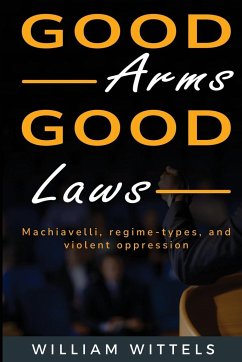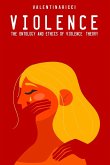The problem of violent oppression is a persistent one. Every regime-autocratic or democratic-has an obligation to prevent the violent oppression of its citizens. My dissertation "Good Arms and Good Laws: Machiavelli, Kegime-Type, and Violent Oppression uses Machiavelli's understanding of different regime types and theit political dynamies to explore the means by which democracies and autocracies alike can. prevent violent oppression within their borders. My exploration produces a standard for praiseworthy political regimes and action, based on what Machiavelli identities as the people's desire "not to be oppressed." Machiavelli's analysis of this problem of political violence leads to the conclusion that all types of regimes are united in needing an interdependent, yet compelitive. political relationship between their leading political figure(s) and the people at large. Different kinds of regimes vary, however, in the roles that their primary political classes must play in order to prevent oppression within their borders. After using the Florentine Histories to identify the lines of thinking central to Machiavelli's work, in chapter 1 I turn to Machiavelli's discussion of the citizen-militia in The Art of War.








